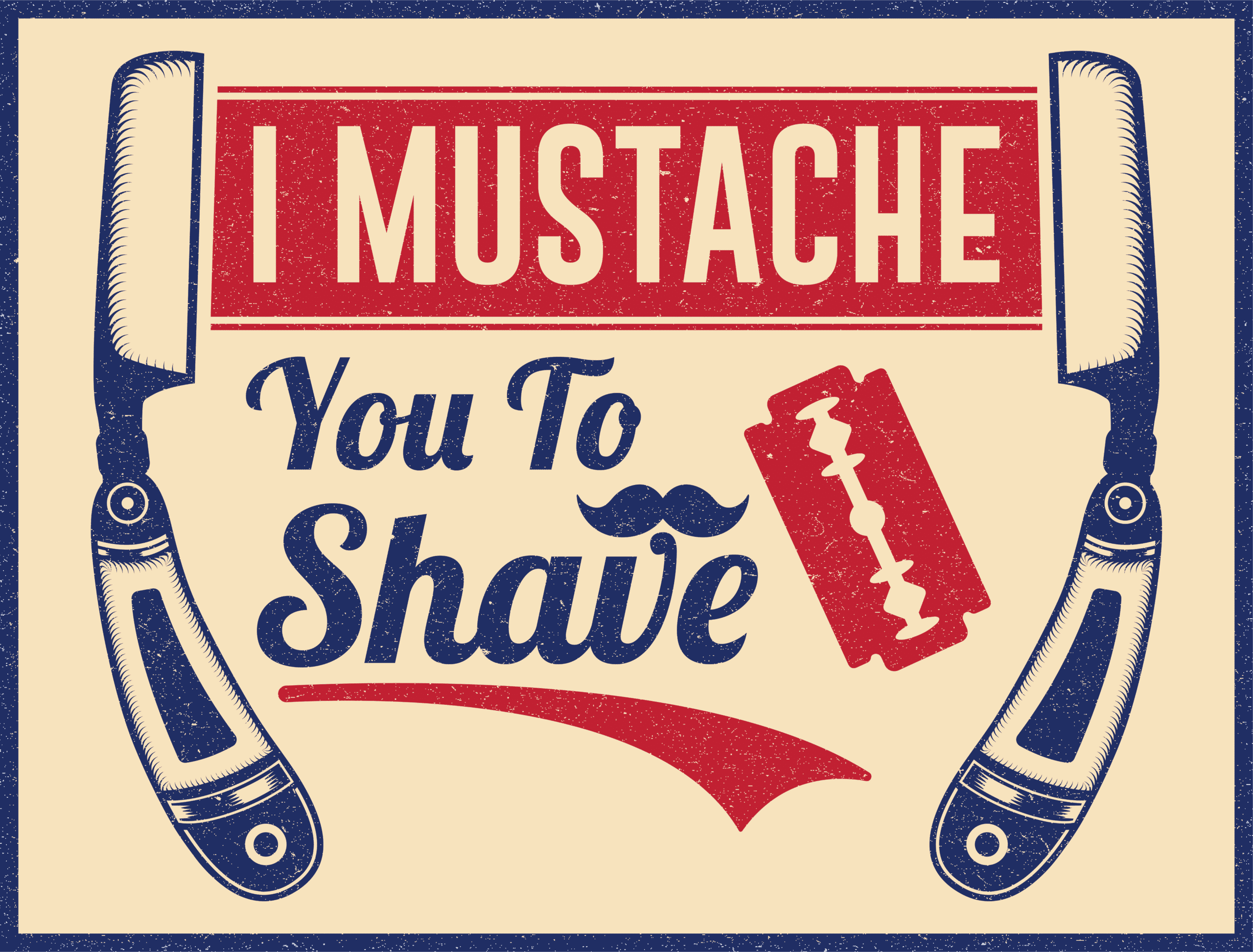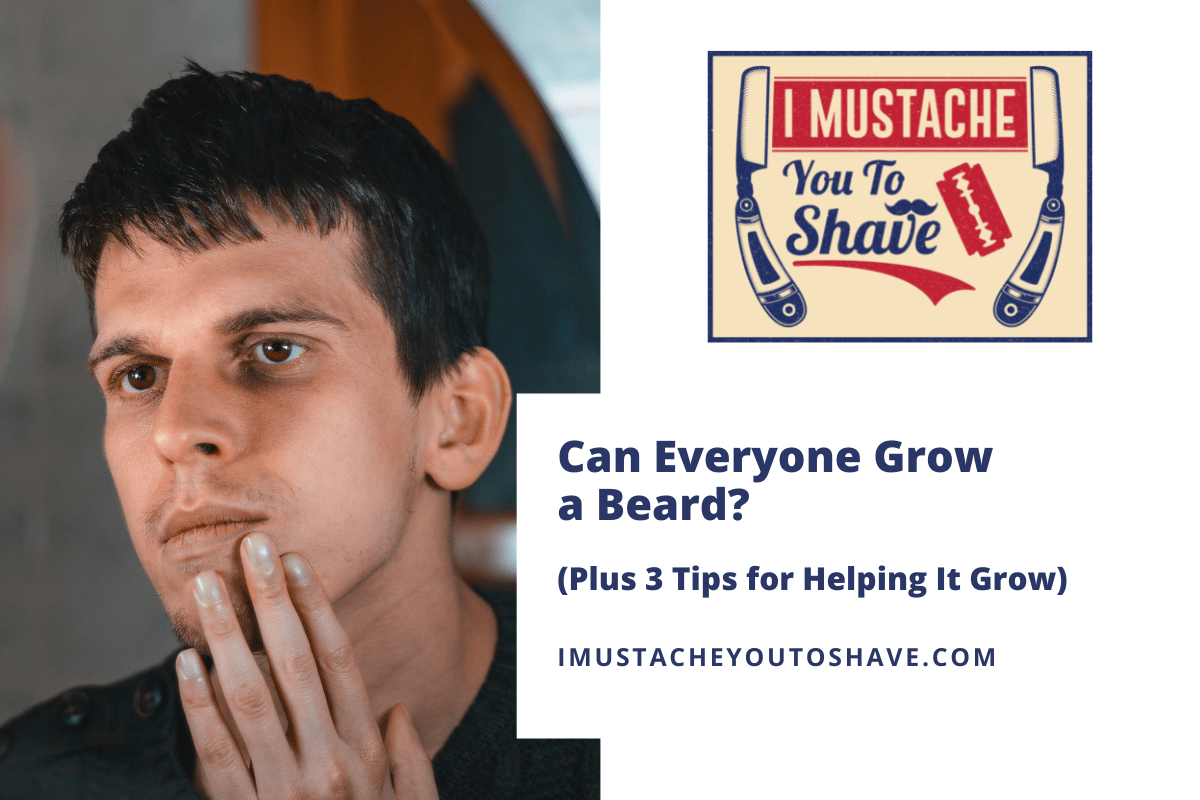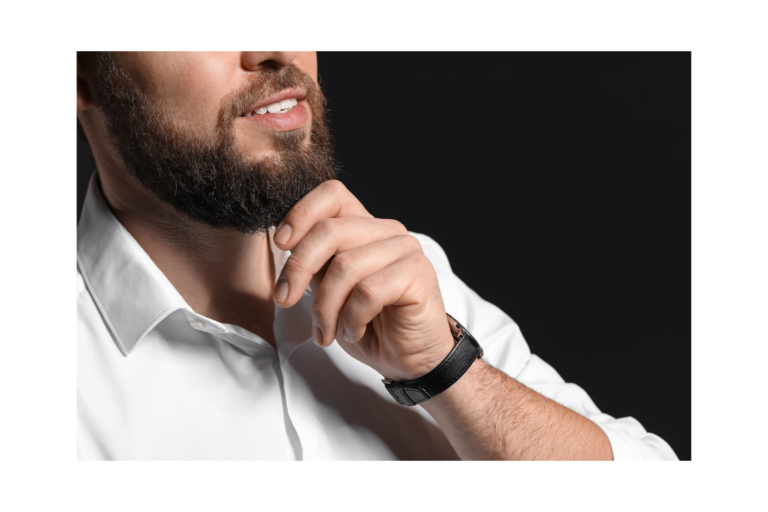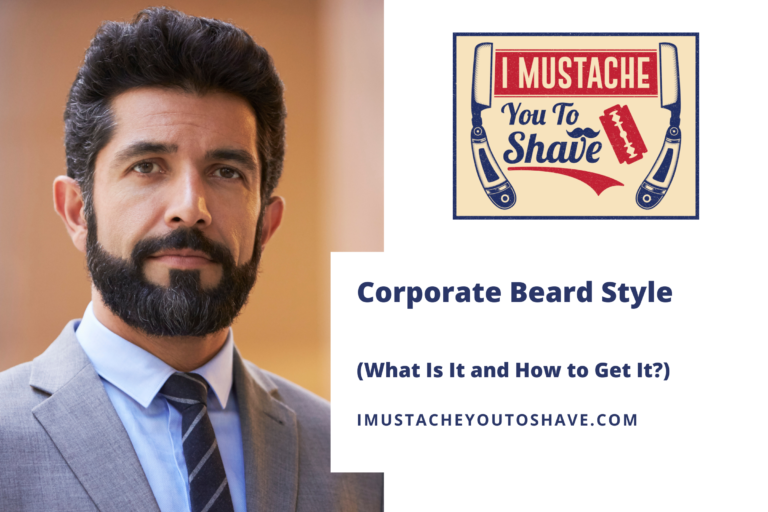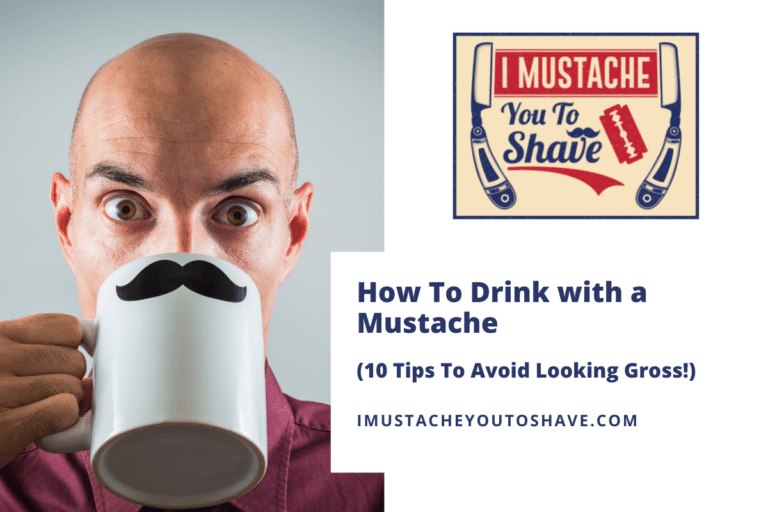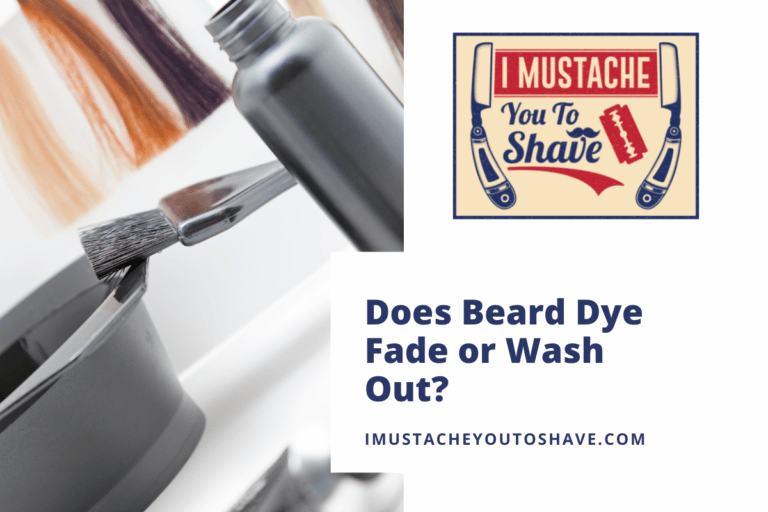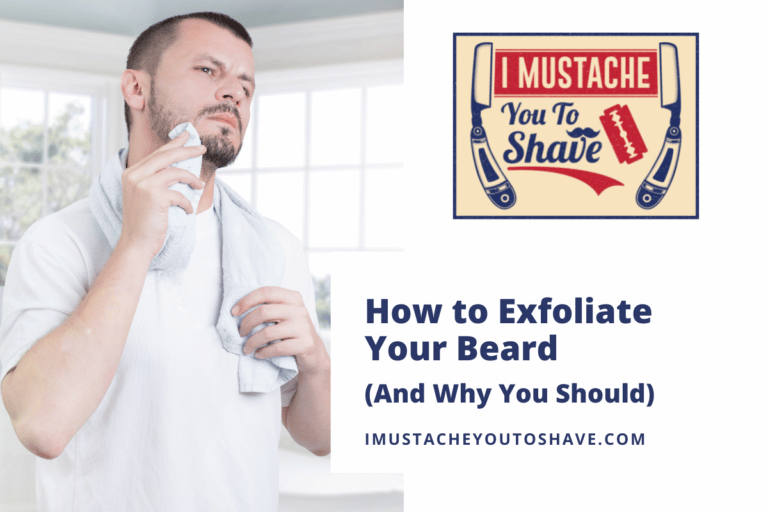Can Everyone Grow a Beard? (Separating Fact from Fiction)
With beards becoming more popular and socially acceptable – and perfectly shorn chins becoming a choice rather than an expectation – men’s grooming is coming more into focus as an expression of personality. Maybe you want to be a beard guy, but you’re struggling to product the necessary facial hair. Can all guys grow a beard, or are some men destined to be clean-shaven forever?
Not everyone can grow a beard because of genetic, environmental, and lifestyle factors. While you can’t change your genetic makeup, altering your diet, adding certain supplements to your routine, and even getting more sleep may help you grow a healthier beard. Many men find that they don’t experience maximum facial growth until their thirties.
Keep reading to find out why some men can’t grow beards as well as a couple of tips for what to do if yours is unsatisfactory.
Why can’t some men grow beards?
There are many possible causes that interact with one another in order to create a beard, or the lack of a beard. Some men can’t grow beards because of genetics, some because of their environment, some because of an ailment specific to them, and some others are subject to a combination of these things.
The primary reasons you may not be able to grow a beard are:
- Genetic history
- UV radiation
- Alopecia Areata
- Diet and stress
Let’s look at each of these and how they may affect whether or not you can grow a beard.
Genetic history
Bad genes are hard to avoid.
The genetic traits you inherit from your father and mother are what will determine when and for how long your cells will undergo anagen, the growth phase of a hair. Typically, your beard growth (or lack thereof) will be similar to a family member’s and you may find that your facial hair looks exactly like your father’s, grandfather’s, or even uncle’s at the same age.
Scientists have discovered 18 genes in the human genome that interact with each other in order to cause the growth, graying, and loss of hair. Because of human migration over time, different racial or ethnic groups have selected gene pools that make their hair different from others. For example, according to a 2021 literature study, “Caucasian hair has an average diameter of 65µm, which is of intermediate thickness between Asian hair (70µm) and African hair (55µm).”
The process of hair growth, from anagen to catagen to telogen, is identical for people groups all over the world, and to follicles all over the body, but the different types of hair we have, from eyelashes to mustaches, do respond differently to hormones in order to produce hair. Androgens are the hormones made usually by the male body in puberty, which is why there is a difference between sexes on hair placement on the body.
Ultraviolet radiation
According to a scientific study published in 2008, excessive sun exposure is frequently connected with hair shafts’ structural impairment. More specifically, UVB radiation contributes more to overall hair loss, while UVA radiation leads to color change.
This means staying out in the sun for too long can bleach your hair, but it may also lead to a straggly beard.
Alopecia areata
The term ‘alopecia’ refers to any kind of hair loss, but alopecia areata specifically refers to hair falling out from the follicle.
Distinct from general genetic complications, alopecia can refer to hair or follicles that have weakened or fallen out.
If you have family members who have autoimmune diseases, like diabetes or lupus, then you are more likely to be affected by alopecia areata.
Diet and stress
When it comes to food, what you eat could be affecting your beard growth.
Carbs and fats don’t affect hair growth as much as your intake of vitamins and elements like zinc and iron. But this doesn’t mean you can just get by eating junk food and taking supplements! Getting a good amount of calories and proteins also matters when it comes to hair.
Alcohol, smoking, and a lack of sleep can all hinder hair growth, however. The stereotype of stressed fathers and businessmen going gray and/or bald contains much truth.
How do you know if you can grow a beard?
Your first question when thinking about the likelihood of your easy entry into the beard-growers club is how many of your blood relatives have beards?
Being able to analyze, even without rigorous testing, your genetic history will give you an edge in predicting your natural growth patterns. Depending on your genes, you can estimate when your hair will grow, its color, how curly it will be, and how patchy.
There is no surefire way to know all these factors, though. But the key is to have patience and not shave. Then, time will tell you.
What percentage of guys can grow a beard?
According to a 2017 survey of over a thousand American males about 3 out of 4 men between 18 to 29 years old reported they “always or sometimes had beards.” This rate decreases to 60% for 30 to 59 year olds, and drops further to 40% for men 60 years or older.
When taken all together, roughly 33% of American males maintain a beard. This is less than the global average of 44% of all males, which is also necessarily less than all the men who could grow beards since some choose to be clean-shaven.
It’s impossible to say exactly how many men can grow a beard, but those who can often will.
What percentage of people can’t grow beards?
Working backward from the above-cited Statista study, about 1 in 4 American men between 18 and 29 never have a beard. This rate increases to about 40% for 30 to 59 year olds, and drops further to 60% for men 60 years or older.
About 24% of American males report they simply cannot grow beards, which would imply most of the clean-shaven people you meet on the street are that way by choice.
It’s worth noting that many of these self-report numbers are likely to be on the high side due to the occurrence of men who are clean-shaven by choice.
Can I grow a beard without genetics?
If a bushy beard is nowhere to be found in your family tree, then it is more difficult to grow a beard, but not impossible.
The way around bad genetics is to either work to encourage what will grow naturally or to get hair implants. Implants work by strategically grafting active hair follicles from a donor area onto your skin. This can improve the patchiness of a beard, but can also create a totally new beard, depending on the skill of your surgeon.
But be forewarned, common side effects include swelling, scarring, and potential shedding.
What stimulates beard growth?
With beards becoming so popular, it’s worth asking: is there anything on the market that will stimulate beard hair growth?
There are very few clinically proven stimulants for hair growth and no such medication specifically for beard hair.
Out of the proven hair stimulants, minoxidil and finasteride are the most popular and reused.
They work by being vasodilators, meaning they open up the blood vessels which will lead to increased blood flow to hair follicles. As a result, more follicles will be activated to produce more hair. But this also risks swelling, soreness, and acne.
Will testosterone help me grow a beard?
Testosterone is a hormone, a type of androgen, naturally produced in human bodies, both male and female, which serves the primary purpose of activating the development of male sex organs, muscle and bone mass, and, importantly, body hair. Some people ingest or inject testosterone as a steroid in order to affect changes in their body.
Extra testosterone may help you grow a beard, but this is not likely.
A recent study conducted in Poland with about a hundred men found no correlation between beard growth and testosterone level based on a saliva test. They also found no correlation between testosterone levels, beards, and feelings of dominance.
Tips for growing a beard if you are struggling
If you’re experiencing heartache over your baby face or scraggly fuzz, then it’s important to acknowledge two things that there are steps you can take to encourage growth and that nothing you do (aside from maybe implants) can guarantee results.
That being said, here are some tips for growing a better beard:
- Stay healthy
- Be patient
- Don’t panic-buy
How do these work? Keep reading to find out!
Stay healthy
If you want to give yourself the best shot at growing hairier, taller, and stronger, then you can’t ignore having a balanced diet and regular sleep schedule.
A good diet and full night’s sleep will both help the hormones responsible for hair growth.
Unfortunately, this is not as easy as it sounds. Healthy eating and sleeping are often just as hard as growing a beard, but as long as you keep that in mind, you’re going in the right direction.
Be patient
You may have heard of growth spurts when it comes to height, but did you know that you can have a beard growth spurt, too?
Especially if you’re still a teenager, one of the biggest favors you can do for yourself is to just be patient.
It’s entirely possible your beard won’t come into its own until your mid-thirties.
Don’t panic-buy
The global hair growth supplement market is expected to grow over 5% each year from 2020 to 2028, but that doesn’t mean you need to be a part of it.
Buying thousands of tablets or gummies is unlikely to help anything, since many such remedies are certified to be safe to take, but not effective.
Some are not even government-approved for safety.
